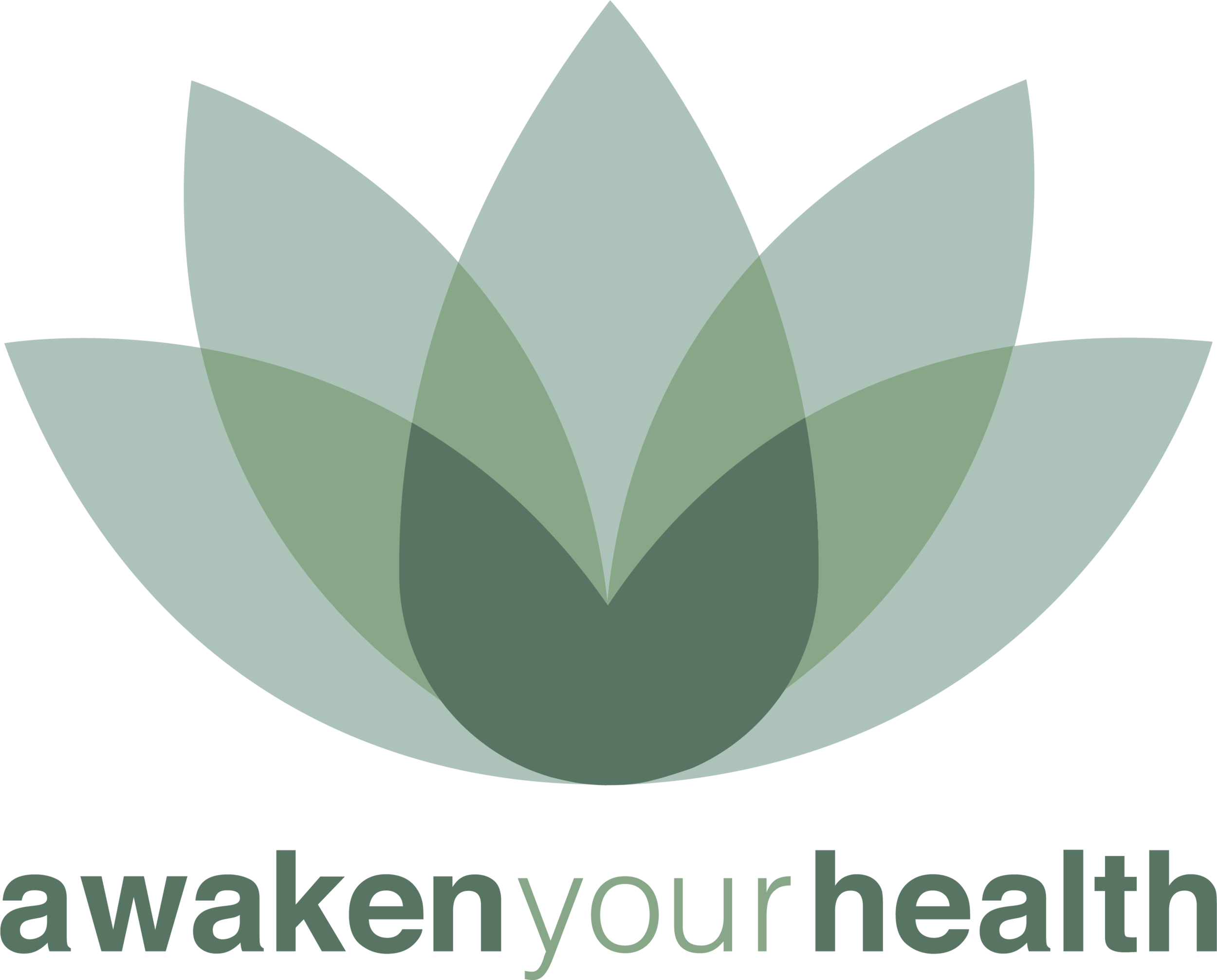Histamine Intolerance - What is it?
Whilst histamine intolerance (HIT) is becoming more prevalent it is a condition that is still frequently overlooked in diagnosis, as the symptoms are so similar to a variety of other conditions. Someone with HIT may find that they experience several strange, ongoing symptoms, seemingly for no reason, which may include anxiety; brain fog, itching, chronic runny nose, headaches and fatigue just to name a few. HIT results when a build-up of histamine occurs in the body, which can happen for several reasons and may include:
An imbalance in hormones, particularly oestrogen, which is possibly why many more women appear to be affected by it
Compromised gut health as a result of conditions such as autoimmune disease, irritable bowel syndrome (IBS), gut dysbiosis, or inflammatory bowel disease
High stress, which puts extremely high nutrient demands on the body and affects the gut
A deficiency of nutrients like copper, zinc, Vitamin B6 or Vitamin C
Dysfunction or a deficiency of the enzymes required to break histamine down. When the activity of these enzymes is compromised, the normal process of histamine breakdown is hindered resulting in excess histamines travelling through the bloodstream that go on to produce the variety of symptoms mentioned ranging from mild to severe
An overabundance of nutrients such as histidine or protein in general
Taking medications that may block histamine-degrading enzymes from proper functioning or release excess histamine. These can include antacids, diuretics, antidepressants, non-steroidal anti-inflammatories (NSAIDs) and some pain medications
Eating too many foods that are very high in histamines or that trigger histamine release
Some genetic variants or mutations, including Methylenetetrahydrofolate reductase (MTHFR) snp.
Pathogens being present in the digestive tract
What symptoms would I have with HIT?
HIT is different for everyone, however, a reaction is often the cumulative result of histamine build up in the body due to one of the triggers outlined above, that leaves you with an excess of histamine in the body.
It is important to note that symptoms do not always appear immediately, given the cumulative response, which can make the trigger difficult to pinpoint.
Symptoms are likely to occur across multiple systems in the body, with digestion, skin, the heart and the nervous system being the most commonly affected. Some of the most prominent symptoms of HIT include:
Anxiety
Asthma
Brain fog
Diarrhoea
Dizzy spells
Fatigue
Frequent sneezing
Headaches
Heartburn
Hives
High/Low blood pressure
IBS
Irritability
Itching
Nausea
Racing heart
Sinus problems
Wheezing
Having a ‘healthy diet’ doesn’t necessarily help HIT, as several natural and wholesome foods can be extremely high in histamines or liberate histamines and both need to be avoided when doing a histamine elimination diet. This is because consuming either produces much the same effect – excessive histamines travelling through the body causing you to become symptomatic. What foods would I need to avoid on a histamine elimination diet?
Examples of foods that contain histamines include:
Additives
Alcohol (mostly beer and wine)
Avocado
Cheese
Coffee, black/green tea
Cured and smoked meats as well as seafood
Dried fruits
Eggplant
Fermented foods
High protein foods
Preservatives
Vinegar
Vinegar containing foods (e.g. pickles and mustard)
Yeast
Yoghurt
Examples of foods that liberate histamines include:
Banana
Chocolate / cacao
Citrus fruits
Crustaceans
Egg white
Kiwifruit
Legumes
Nuts and seeds (except macadamias)
Papaya
Pineapple
Pork
Pulses
Soy
Spinach
Strawberries
Tomatoes and tomato-based products
Long-term, the aim is always to get back onto a full and varied diet however while trying to address the core issue causing the HIT, it is best to stick to foods that are well tolerated, which includes fresh chicken, fish, and meats along with an abundance of vegetables and fruits (with the few outlined above as the exception).
How can I confirm I have HIT?
One of the most reliable ways to determine whether HIT may be causing your symptoms is to try a low histamine diet for a period of one month then slowly reintroduce medium to high histamine foods. If symptoms disappear during the elimination period, you are very likely to be histamine intolerant.
In addition, several tests are available to help confirm a HIT diagnosis and include:
Diamine oxidase (DAO) levels – This is one of the enzymes responsible for the breakdown of histamine, and any issues with it can now be confirmed via a simple blood test. This will help to identify any deficiency that may be contributing to symptom onset (Approx. $150)
Hormone levels – In both blood and saliva to determine whether a hormonal imbalance is a contributing factor (Approx. $125 for salivary hormone profile and bloods can be done at the GP)
Other detective work may include:
Stool analysis – Which will confirm whether the gut is functioning optimally and whether any pathogens may be present
Genetic testing – To help establish whether genetic defects (MTHFR) may be contributing
How can Tabitha help?
Navigating HIT alone can be both isolating and confusing, particularly when undertaking an elimination diet. Working with a Naturopath can provide you with the necessary support to pinpoint the issue and work on correcting it. The naturopathic approach to managing HIT takes into consideration the many and varied contributing factors, with possible treatments including:
Addressing gut dysbiosis (one of the most important factors)
Trialling a low histamine elimination diet for two to four weeks
Herbal medicines, nutrient supplementation and specific strains of probiotics
Balancing hormones
Addressing conditions such as adrenal fatigue or high stress if present
Focusing on associated methylation issues, where genetic factors (e.g. MTHFR) are contributing, and amending or adding supplementation to better support this pathway
While excessive histamine intake can cause issues for some, histamine plays several important roles in the body. Histamine helps to modulate the immune system, support the nervous system, aids in the regulation of several gastrointestinal processes and it is also involved in the inflammatory response mechanism. With this in mind, it is important to ensure it is functioning optimally in the body.
For more information on managing HIT or if you think you are experiencing symptoms of HIT book in for a consultation so we can tailor a treatment plan to your own unique needs and ensure the most successful outcome.
To book in your consultation, feel free to use the online system or contact us for more information.



